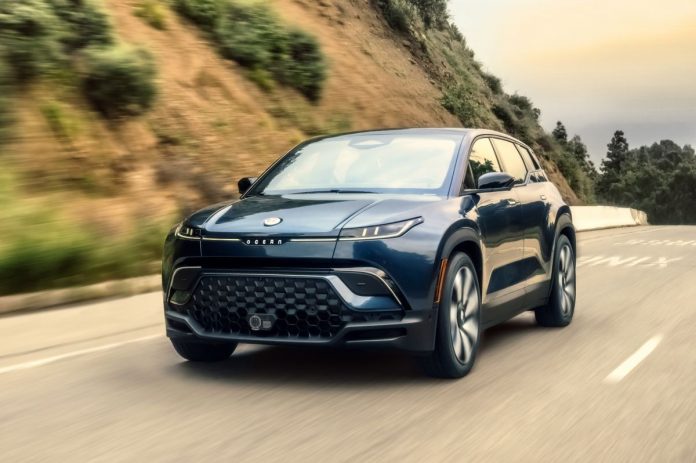Fisker has reduced its annual production guidance for 2023 following a complicated second quarter for the electric vehicle brand.
The car manufacturer earned only $825,000 in revenue for the period, posting a net loss of $85.5 million. On a positive note, this number was lower than analyst forecasts and substantially smaller than the previous year’s loss of $106 million. Fisker also highlighted a 7.5% gross profit margin on its Ocean electric vehicle, which sold just 11 units in the second quarter. Of the main EV startup competitors, Lucid, Rivian, Polstar and Fisker, only the latter two have reported a positive margin since launching their products. The company presently has $521.8 million to continue operations and develop three new models teased during its “Product Vision Day.” These include a budget-friendly EV called the Pear, an electric pickup called the Alaska and a sports car called the Ronin for the premium segment.
Although the company’s financials demonstrated more year-over-year stability, Fisker ultimately fell short of its production goal for the second quarter, making only 1,022 electric vehicles compared to its target of 1,400 and 1,700. Despite originally planning to build 32,000 to 36,000 units by the end of the year, the automaker now says it will make 20,000 to 23,000 before 2024. Production issues arising from factory shutdowns and supply chain disruptions have plagued car manufacturers for several years. Tesla may be the exception, as it is instead facing a vehicle surplus.
Fisker has ultimately made progress in some critical areas but must continue to budget cautiously if it hopes to scale its business. While its financial situation is increasingly dire, wider electric vehicle adoption is likely to boost awareness of smaller brands. Some states have already started to see more robust EV sales, such as California, where market share has increased to 21% thanks to a flood of new models from legacy automakers and Tesla’s growing popularity. Should demand continue to escalate, Fisker and its fellow startups may only need to hold on for a short time.




